Rotterdam-Den Haag, district 5
14 oktober 2072
Mijn lieve Alexandra,
Kun jij je nog herinneren dat we berichten aan elkaar verstuurden via de telefoon?
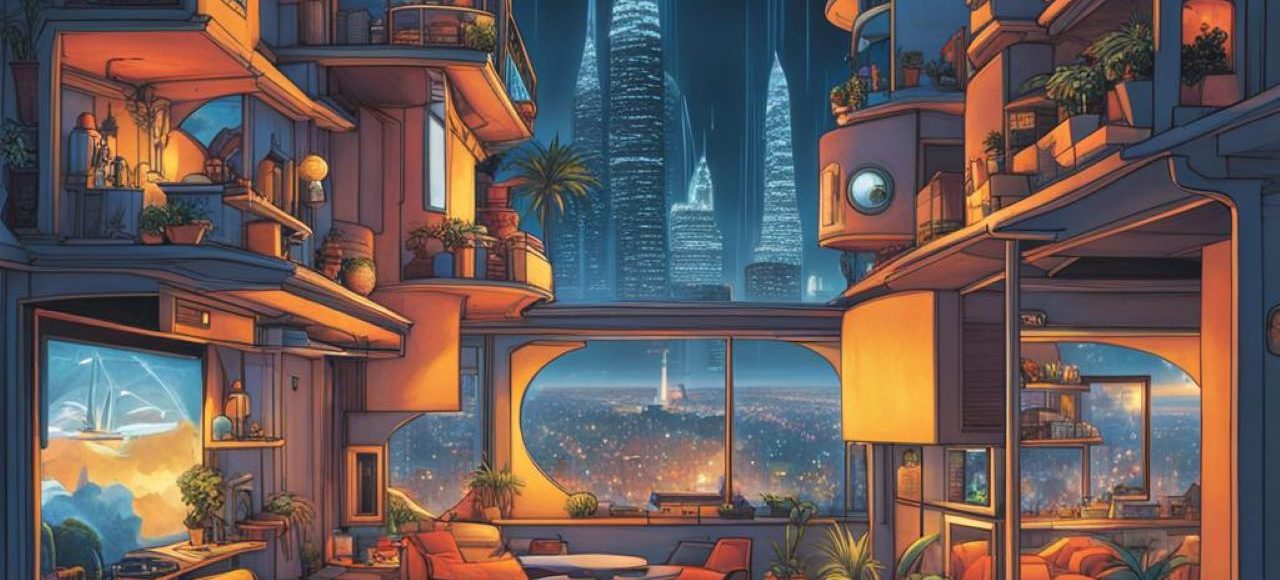
Rotterdam-Den Haag, district 5
14 oktober 2072
Mijn lieve Alexandra,
Kun jij je nog herinneren dat we berichten aan elkaar verstuurden via de telefoon?
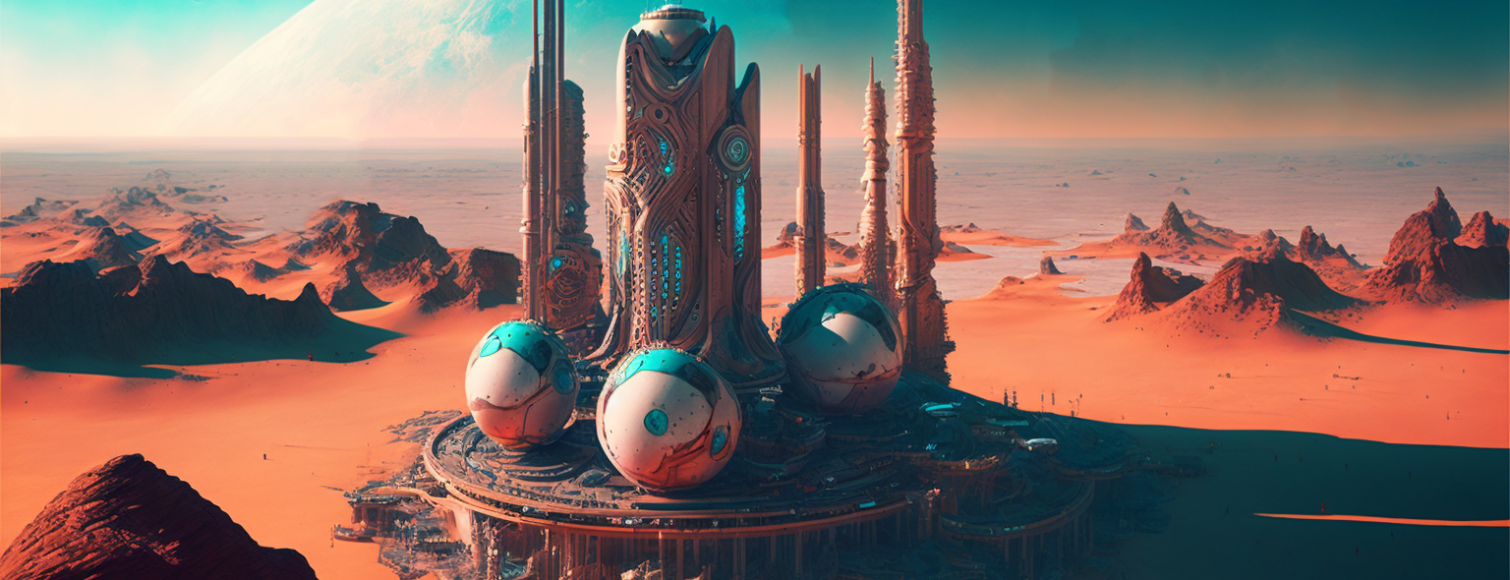
Ever wonder what it would be like to live in a different time? This is your invitation to picture yourself in the future.
Some Simple Rules of Play
You Decide!
It’s all up to you! The point is to imagine what society looks like in the future, and to share your vision with others.
Some Questions to Help You Get Started
Where to Send Your Letter
You can mail your letter to sg@tudelft.nl – but it doesn’t end there. At our For Love of the World Festival, the letters will be put on display for everyone to read.
Not Sure What to Say?
We’ve got you covered! On the 13th of March, we are hosting a creative future letter-writing workshop. Sign up here!
Want to Read an Example?
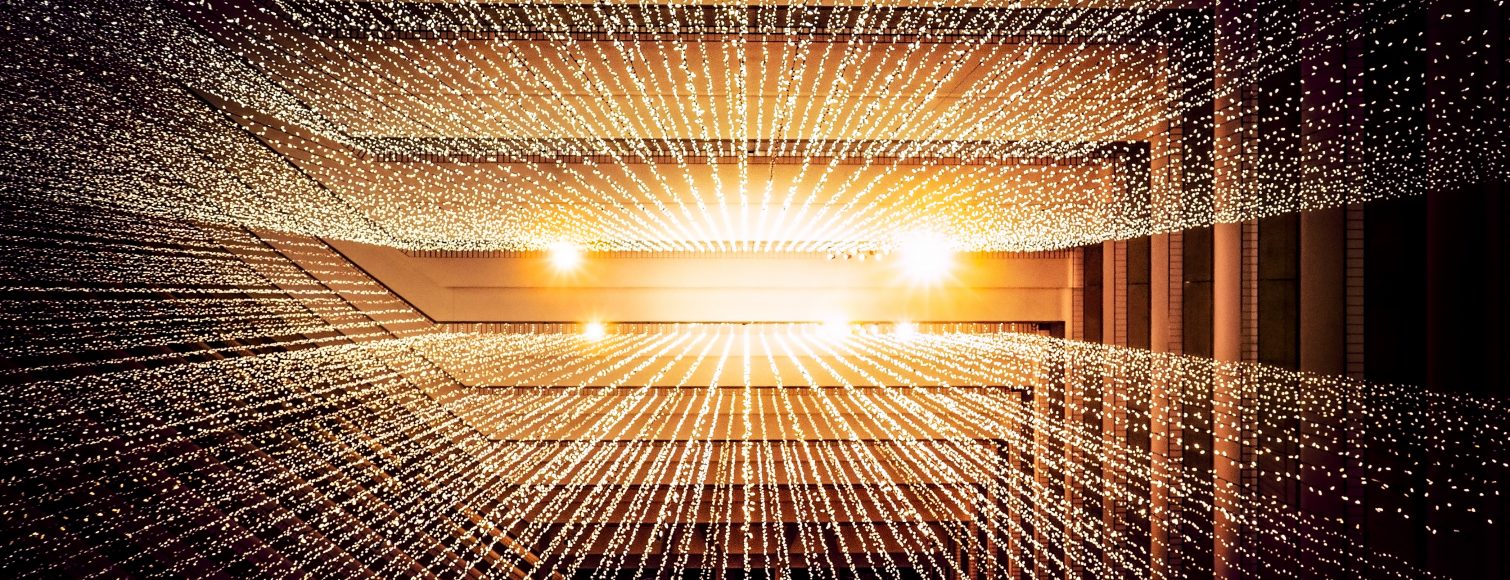
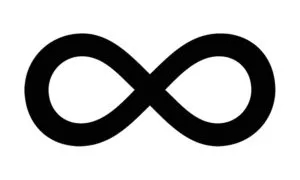
DISCLAIMER: the following content is not the product of a living human person. It has been produced exclusively for entertainment purposes by Meta Living. No legal rights can be derived from endowments in this letter. Any resemblance to real persons, living or dead, is purely coincidental. Copyright lies exclusively with Meta. By receiving this letter, you agree to the Meta Living Terms and Conditions.
Dear Charelle,
Bet this wasn’t on your bingo card for 2124. In case the black Meta logo wasn’t enough of a giveaway – yes, I am writing because I am dead. The doctors managed to hook my brain up to Meta’s latest prototype and wring enough lucid thought out of my fading consciousness to produce this letter. Being totally frank, it’s about 75% my brain activity, 15% AI based on their data on my historical online behaviour, and 10% plain old predictive texting. But I – what remains of me – reckon you deserve for the attempt to be made.
Preliminaries aside, I want you to have full custody of the kids. My bitcoin of a mother will not make it easy. When she brings up your criminal record, tell her that I opted into Meta’s Post-Living Analysis and that you know about my ancestry. She will know what it means. She and dad may have lived in different biodomes for the last decade, but her Universe Plus Income depends on his diplomatic stint on Mars. He can 🔪her off whenever he wants. Mum from Mars Reunites with Heartbroken Hubby – You’ll Never Guess What Happened Next!
Only one thing left to say. I didn’t sign up to this cold prototype to 🐀 on my bitcoin of a mother. I never forgave you for what you did in Belize. That’s not what I mean. It’s cold. Quack-tastic Friendship: Adorable Encounter.
No – Charelle. My life was a joke without you. Why did you pick him of all people? Six Curious Puppies Meet. Sex with you makes me want to throw up. Charelle. Where am I going? I never loved you loved this service, click like and subscribe! I am glad I am dead. Loved anyone else. 💓
Kisses kisses cold kisses xxx
If you enjoyed this letter please leave a five star review!
Meta Living brought you this Last Letter from: Michel du Plantier
Wondering how and why we are receiving a letter from the future? Keep an eye on this site. You might even find yourself writing one…
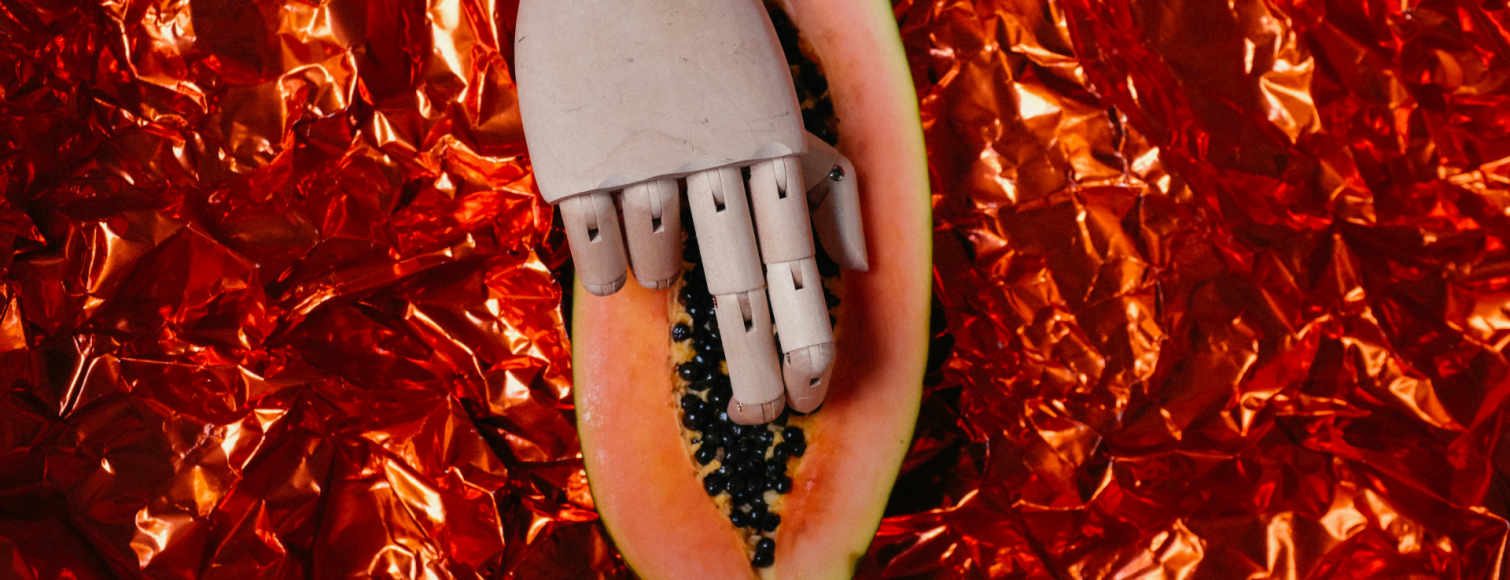
Thinking back on it, I’m pretty sure this was the first time a dildo and a fleshlight were put on display in the TUD Library. And if not, it must at least have been the first time they were put on display in full coital embrace. How did the TUD community react to this shocking display?
At the start of Q2, some of us at SG were slightly nervous about unveiling this new artwork for the theme “Intimacy & Technology.” It was a bit racy, maybe even a bit vulgar to the unprepared eye. So in consultation with the artist, we hid it behind a big black curtain and put up a sign with a trigger warning.
Did you happen to see the art installation? If you did, you can’t have missed the realistic dildo and the fleshlight locked together in an intimate act. They were part of a commentary on how social media and dating apps reduce us as people, even down to our basic genital functions. There were also brilliant sketches and a mirror effect to show how this reduction and isolation work in our lives. But of course, the sex toys are what stick out (or in, as the case may be. Or is that too vulgar? I’m trying to be inclusive here).
Some colleagues were afraid we’d receive critical comments from higher ups. But in fact we received no comments or complaints at all. To be sure, word definitely got around in various app groups. Some adventurous visitors even felt compelled to fiddle around with the true-to-life naughty bits and gave them different poses before we put a lid on the display. (Honestly, the thought of touching someone else’s sex toys is a bit off putting. That’s someone else’s intimate technology, you know what I mean? But, whatever floats your boat). On the whole, though, the response was pretty well-behaved. This shouldn’t have been a surprise: after all, it was an art installation, not a hardcore porn expo. And even if it had been the latter, this generation has already seen a thing or two on Pornhub.
Why did we program this theme? No, dammit, not the theme of sex toys; I mean the broader theme of intimacy and technology. It’s because SG believes that the way we reflect on technology, especially here at the TUD, is crucial to becoming more self-aware of the world we’re creating together. And reflecting on what tech means in our lives, in our ability or inability to connect, to find friendship, love, and pleasure, is perhaps most revealing of all.
As always, each conversation, movie, panel discussion etc in this theme brought together different people with different perspectives. Instead of sharing all those thoughts with you, I’d like to leave you with a question to think about for yourself, so that you can continue the conversation at home. The question is this: when is a tool not just a tool?
We don’t just use tools to connect to others. We connect with the tools themselves too, even if we don’t see it that way. Considering the fact that most of us spend more time with certain machines than we do with the important people in our lives, how do you treat your machines? Do you treat them as well as you do your friends or your pets? What place do they have in your mind, your heart, and your personal sphere of connections? And finally, once all these machines become powerful, autonomous agents in the prophesied Singularity event, what will they have learned from you about how to treat others?
Remember: Alexa, Siri, and Google Assistant are always listening and learning, learning and listening. There’s nothing more intimate than that.
And on that note, please check out our topic for Q3, as it will pick up from here with more penetrative thoughts and the warm embrace of a truly Posthuman perspective. As for the dildo and the fleshlight, they will retire from public life and start a new journey in private hands. We wish them all the best.
Klaas P van der Tempel, program maker SG
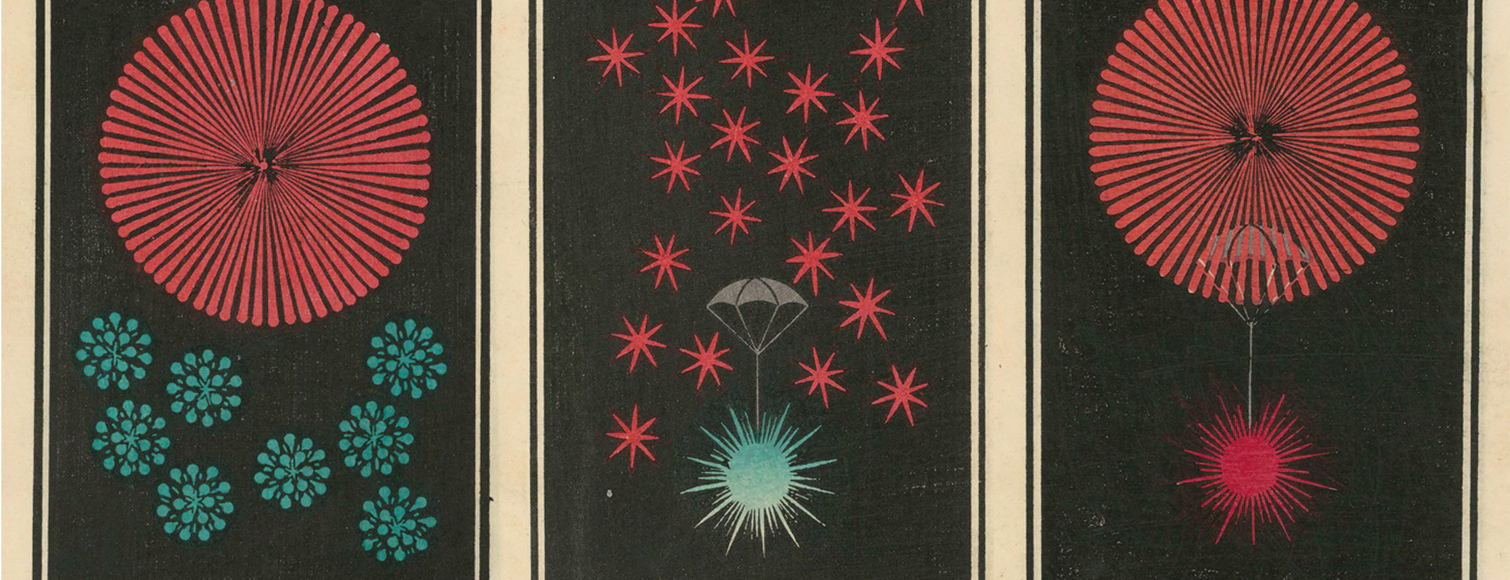
Who among us is concerned about tomorrow, next week, next year—or ten years from now? So
much is happening in such a short time that it’s difficult to chart a life path. Where will new
technologies like AI or biotechnology take us? Will I ever be able to buy a house? What does climate
change mean for my future? Am I living too much in a bubble—do I still understand what people say
who are frustrated and feel unheard? What does it mean to live in such a turbulent time, to form
relationships, have children? How do I view geopolitical conflicts? Should I still eat meat? What
should our cities look like, and how do we relate to the provinces? Should borders be closed or more
open? Should I be afraid on the street because of how I look, or whom I love, even if it doesn’t
conform to the norm? And so on for a while. Big questions that simultaneously demand answers in
daily life.
Studium Generale wants to be a mirror to the university—but is also a mirror of the times.
Traditionally, autonomy and critical reflection are important values for SG, but in this time—where
everything seems connected and changes rapidly—we believe it’s important to explore what it
means to live in a complex field where everything appears to be interconnected. All these changes
especially show how dependent we are on our environment—think of the climate—and that the
actions and choices we make have consequences beyond ourselves. Should we, for example, buy
clothes without knowing how they are made?
Dealing with complex social and political issues daily, it is important for us to stay open and engaged
in our activities. To ensure this, we worked hard this year to integrate these elements further into
our organisation. We have rewritten our mission and vision statements, adding both intersectionality
and multidisciplinarity to the core of our ambitions. Reflecting on the interplay between ecology,
philosophy, science, and technology is important, but also how to live together with a great diversity
of people and lifestyles.
As a group, we are committed to not only staying open to each other but actively reaching out to the
diversity of people at TU Delft and in the city. For our work to reach the level of relevance we are
aiming for, we need to do this together, with you.
To do so, quite a few things have changed over the last year. We have introduced the Nook, a place in
the Library main hall to get together and share thoughts, discuss, and connect. Part of the Nook is
also the three new exhibition pillars, where everyone can engage with the ongoing program in
different ways, and where we bring together art and programs. We have also launched the
preparation for a festival, taking place in March, that centers on the topics of intersectionality and
multidisciplinary, both on a very small scale and a very large scale. The festival is called For Love of
the World—because precisely this time does not call for withdrawal but for loving engagement.
Finally, we have started on a new visual identity that expresses these changes to the world in an
exciting, new way. This goes hand in hand with the development of a new website, which is also
becoming a place to share thoughts and discuss.
Not only the holidays are a good time to reflect; reflection can also be integrated into your daily
activities. For us, it was planned, co-created, and organised, leading to the exciting results that we
can’t wait to share with you next year. It is now time to recharge with friends and family, so we’ll be
able to make up for the promises that we made to ourselves, each other, and to you.
Have a good break and see you next year.
Leon Heuts, head of Studium Generale TU Delft
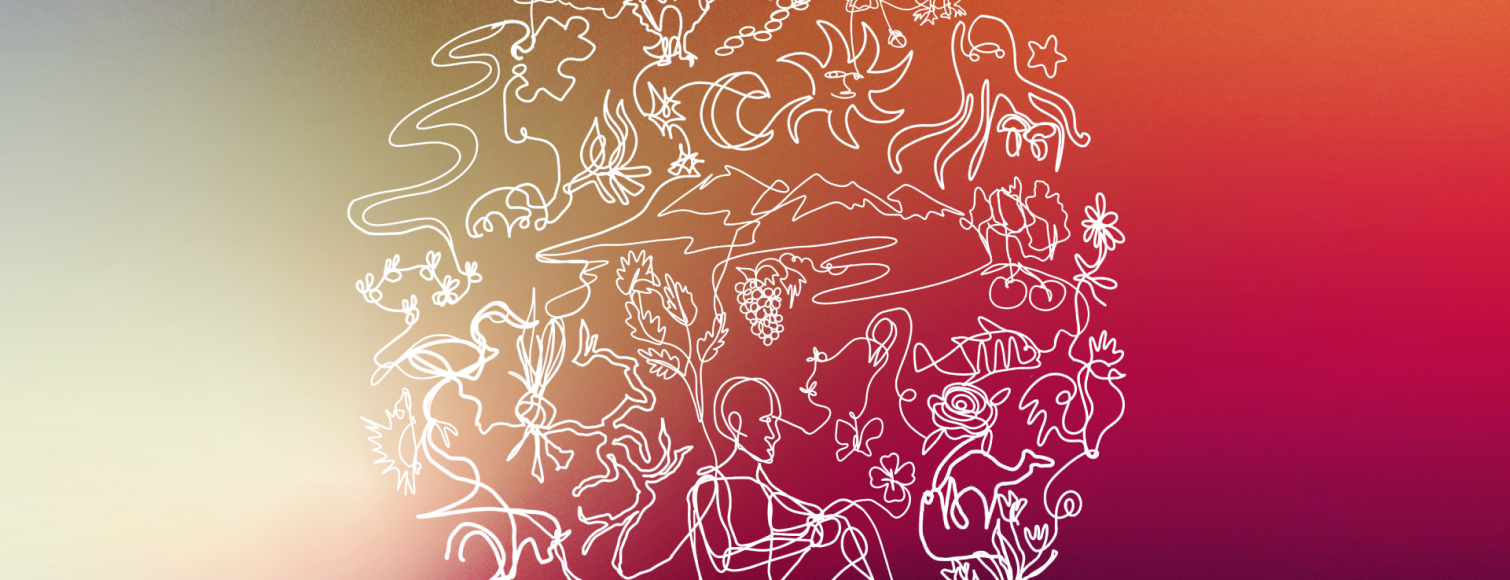
According to posthumanism, animals, plants, and objects have rights. Humans are merely part of a greater network in which all things are essentially equal. This requires looking at the world in an entirely different way. Is this the solution to all major crises in the Anthropocene? In this series, through talks, discussions, and art, we’ll explore the consequences of adapting a posthuman worldview.
This theme is part of the series For Love of the World, in which we explore alternative stories and forgotten knowledge that can (re)connect us to our world.
9 Jan Existential Tuesday: Do we really need hierarchies in society? The Nook
5 Feb SG Café Filosofie | Posthumanisme: de mens in de bijrol Theater de Veste
12 Feb Art exhibition The Nook
20 Feb Existential Tuesday: Should we put the needs of nonhumans first? The Nook
5 Mar Existential Tuesday: If the internet is a giant brain,
what is Earth really thinking? The Nook
19 Mar Existential Tuesday: Is everything alive? The Nook
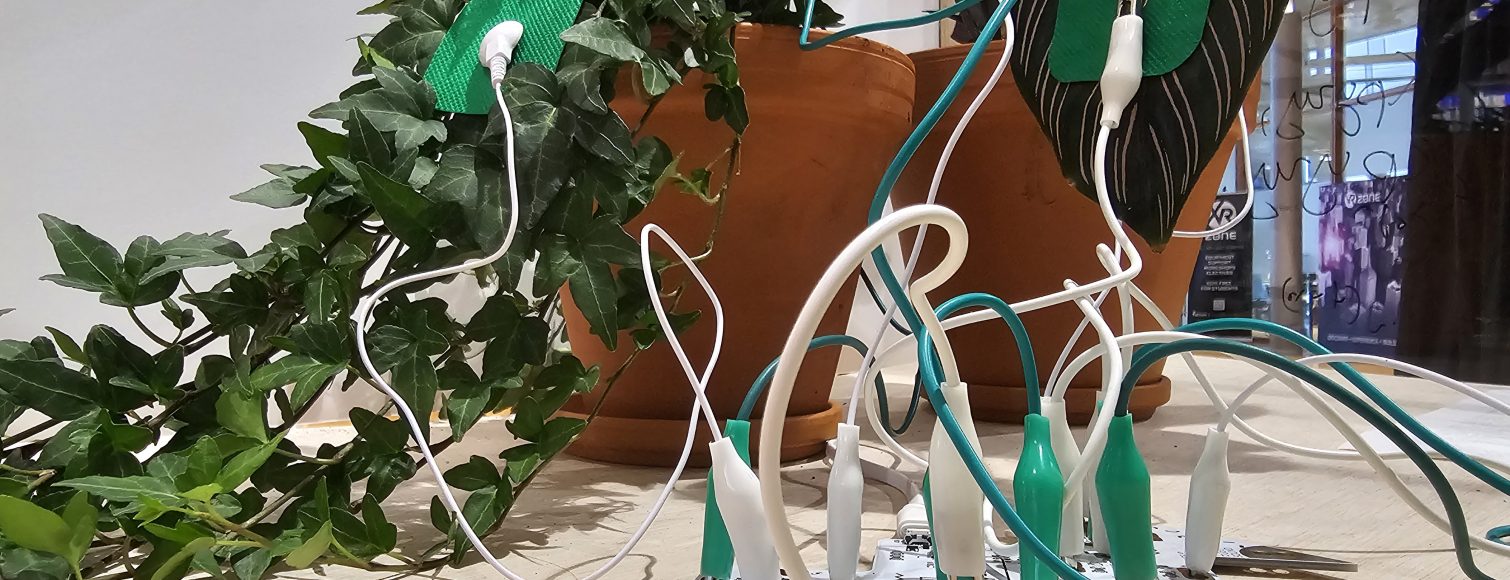
Recently, I had to discard a plant that I had carried with me through many moves over the years. The plant only had one or two leaves remaining. It unexpectedly became an emotional moment. I wasn’t sure whether I should end the plant’s life before tossing it in the trash. Would it slowly die there, deprived of sunlight? On the other hand, how do you kill a plant?
Did the plant have a good life?
Our relationship with our houseplants is more ambiguous than we often realize. They’re not pets, but for many people, they are more than just decorations. Many talk to their plants, and they are genuinely good listeners—better than cats or dogs, who either show disinterest (cats) or demand attention themselves (dogs). Yet, they are ‘just’ plants—although there are frequent attempts to attribute various sensitive or even cognitive properties to them (consider, for instance, the long-popular yet scientifically debatable book, “The Secret Lives of Plants”), we shouldn’t exaggerate.
However, I still have doubts. As Yuval Harari writes in “Sapiens: A Brief History of Humankind,” the conventional belief is that humans domesticated grain. But there’s a strong argument to say that the reverse is just as true: grain forced humans to become sedentary. Does the same apply to houseplants? We think we’ve cultivated them to our liking, with beautiful flowers and large shiny leaves. But you could also argue that they manipulate us into taking care of them, even shedding a tear when we dispose of them.
Above all, we live with plants in a complex symbiosis. Every breath we take is made possible in part by plants. Plants (and trees) are the only beings that can directly convert sunlight into sugars, forming the basis of every food chain. Maybe we are more plant-like than we think, as philosopher Wouter Oudemans suggests in his book “Plantaardig.” Plants haven’t just made us sedentary, part of the cycle of growth and decay, but intelligence is more decentralized than we’ve long thought. Contemporary neuroscientists describe our brain as an “orchestra without a conductor.” While there’s growing evidence that the microbiome in our guts has a significant impact on our moods and behavior. Humans have no center—just as plants don’t. Plants can remind us that we are part of a larger ecosystem both inside and outside.
This is why plants are so suitable for acquainting us with what has disappeared from that ecosystem. Designer Letizia Artioli created an artwork for the Studium Generale program on climate grief that connects us with what has been lost through plant leaves. By touching the leaves and closing an electrical circuit with your fingers, you can hear field recordings of ecosystems that have disappeared in the last ten years through headphones. It’s moving to connect with what has died through a living entity, almost as if the plant is a kind of medium. And for that, we don’t have to attribute any special qualities to the plant. Just a bit of technology and an artistic perspective. Check it out in The Nook, in the library hall opposite the New Media Center.
Leon Heuts, head of Studium Generale TU Delft
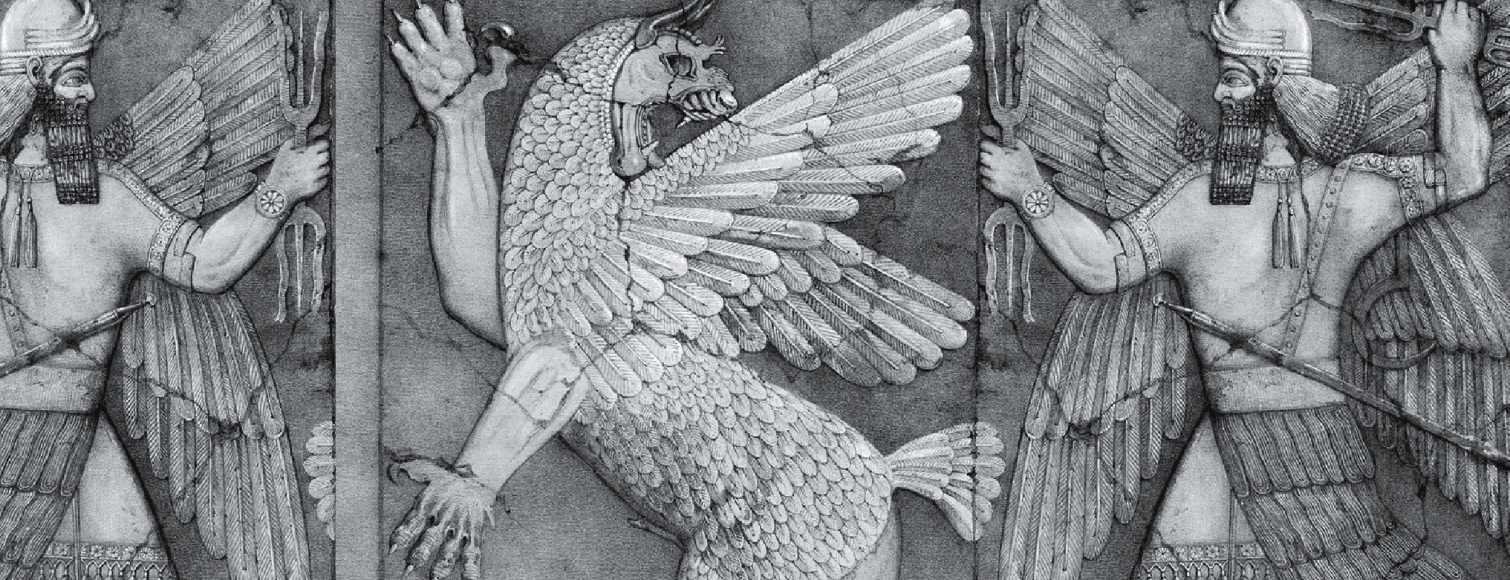
I was more shocked than delighted when the Vox Book Club voted to read The Epic of Gilgamesh. Why did students at a technical university choose this text – and by a landslide? Sure, I studied Gilgamesh as an undergraduate, but I did Creative Writing at British university, where professors wore tweed and pored over ancient manuscripts. And here were future engineers volunteering to read it, in their spare time?
The Epic of Gilgamesh is an epic poem from ancient Mesopotamia, a historical region of West Asia. Captured on stone tablets, it is the oldest known written story. The age and fragmented nature of the text make it impossible to date the story as a whole. But the “Old Babylonian” version, which is the oldest that survives, is estimated to be from the 18th century BC. It tells of the adventures of King Gilgamesh of Uruk and his companion Enkidu, the wild man.
Nervous about whether the book club would actually enjoy the text, I volunteered to give an introduction at their first meeting. A mini-lecture, if you will. After all, short as it may be, Gilgamesh is a lot more enjoyable when you know what the hell is going on. The students were also nervous. Was I going to talk for an hour? Was I joking when I said there was going to be a quiz? I kept to my twenty-minute time slot on the day, but this article is my revenge. Without further ado, here is my answer to the question: why read The Epic of Gilgamesh?

The World’s Oldest…?
One of the first challenges in discussing this text is how to classify it. Due to its action-packed nature, the scale of the journeys described, and the monster-hunting, it is tempting to think about it as an early fantasy novel. There certainly are similarities, but there are also some key differences.
The novel in its current form is a relatively new genre. Its popularisation coinciding with increased leisure time, literacy, and availability of commercial printed texts during the Enlightenment. Early hits were texts like Daniel Defoe’s Robinson Crusoe in 1719. In the table below, I’ve highlighted some of the things that distinguish an epic poem from a novel.
| Epic poem | Novel |
| Partially divine protagonist (hero). | Fictional narrative of connected events, divided into chapters. |
| Great journeys and deeds, often related to the traditions of a people. | Written in prose. |
| Encounters with gods. | “Book-length”, from 50,000 to over 20,000 words depending on genre. |
| Stems from oral poetry. | Deals with the human experience, typically without the scope of an epic. |
| Uses traditional verbal formulas to aid memorisation. | Individualistic in nature compared to the epic. |
Comparative Mythology and the Flood Tablet
Allow me to introduce Tablet XI: the infamous Flood Tablet. It is, of course, in the British Museum, because what culturally significant artifact hasn’t been plundered by the Brits?
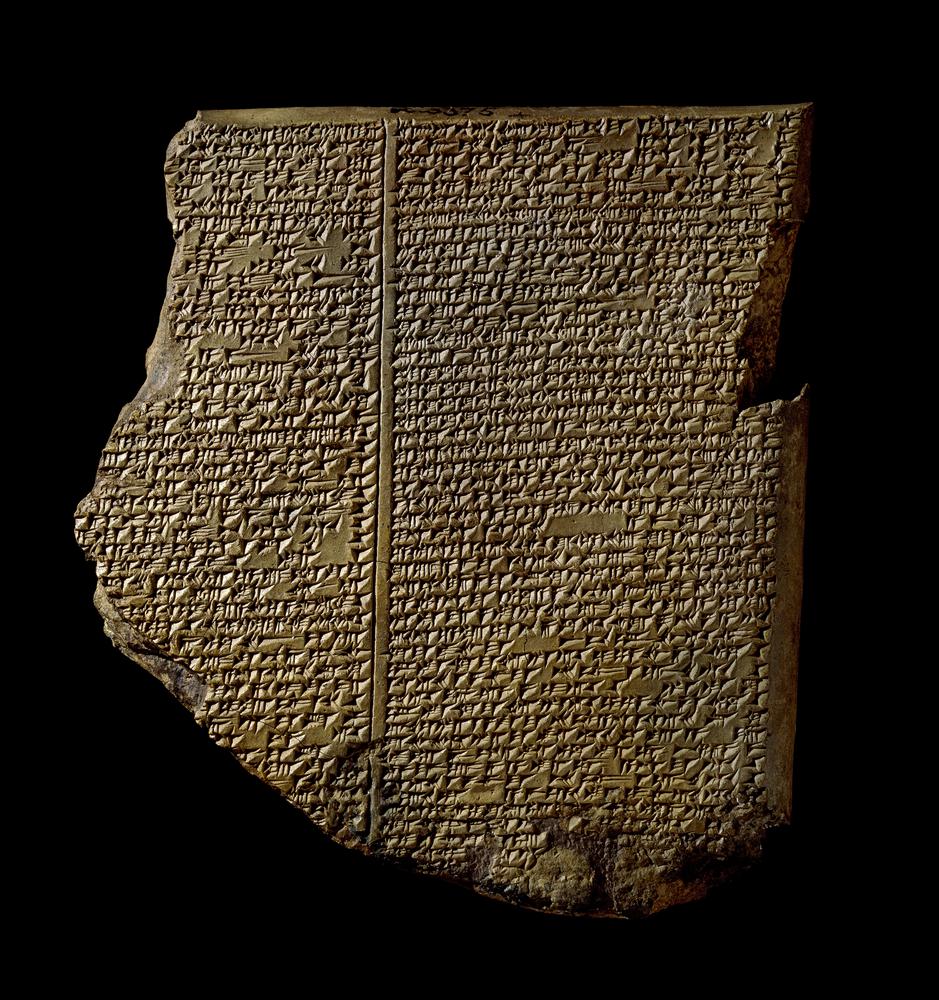
Tablet XI, The Flood Tablet, 7th century BCE, The British Museum.
Tablet XI caused a sensation when it was first translated in the 19th century. Have a look at the table below. It lists key narrative points from the Epic of Gilgamesh, as captured on tablet XI. Let me know if it starts to sound familiar.
| The Flood Narrative | ||
| 1. God/gods decide that mankind has become a pest. | 4. The man is ordered by god/gods to build an ark. | 7. The hero sacrifices an animal. |
| 2. God/gods decide to send a flood. | 5. The ark is loaded with breeding pairs of all animals. | 8. God/gods are pleased with the sacrifice. |
| 3. A single, worthy man is chosen to survive. | 6. The hero sends messenger birds to look for land. | 9. God/gods reassess their actions and will not repeat. |
The exact same narrative points are present in the Book of Genesis. The biblical hero, Noah, repeats these points step by step. Considering that the book of Genesis is dated around 3-5th century BCE, you can see why this discovery caused a stir. The Gilgamesh Flood Tablet predates Genesis by several centuries. In fact, there is evidence that the origin of this flood narrative lies much earlier than that.
So what does it mean? Yes, Mesopotamia had a lot of flooding. The resonance of a flood narrative and its associated symbolism of death and rebirth can be explained. But the strange entanglement of different flood narratives and their cultural significance are much more mysterious. In Gilgamesh, the gods are at times blood-thirsty, loving, cowardly, and generous. In Genesis, god may be wrathful and merciful at intervals, but he is always right. The Genesis narrative depicts essentially the same events, and yet the conclusion is a benevolent promise and a blessing for all posterity. Whereas the hero Gilgamesh, upon being told the story of the flood, is disappointed. The flood story is told to Gilgamesh precisely to extinguish his hope that he will be chosen and blessed with eternal life.
This is essential. The way we interpret these two texts, Gilgamesh and Genesis, couldn’t be more different. The contemporary Christian interpretation of the flood narrative is one of hope and protection. If you read Gilgamesh, the conclusion is much bleaker.
Why Do We Die?
The emotional core of the Gilgamesh narrative is grief. Midway through his adventures Gilgamesh loses his friend; his other self; the man who was literally created in opposition to him. Enkidu dies and leaves Gilgamesh bereft. What’s more, the king of Uruk begins to consider his own fate. The remainder of his story is a supernatural quest. Frightened by what has happened to Enkidu, Gilgamesh attempts – and ultimately fails – to secure immortality.
His struggles brought to mind another text I was reading around the same time. In his Confessions, Augustine of Hippo writes of the premature death of his closest friend. The language he uses is strikingly similar to that of Gilgamesh.
For I wondered that others, subject to death, did live, since he whom I loved, as if he should never die, was dead; and I wondered yet more that myself, who was to him a second self, could live, he being dead. Well said one of his friend, “Thou half of my soul”; for I felt that my soul and his soul were “one soul in two bodies”: and therefore was my life a horror to me, because I would not live halved. And therefore perchance I feared to die, lest he whom I had much loved should die wholly.
Augustine of Hippo, Confessions, AD 400.
As befitting the man who would later be declared a saint, Augustine ultimately chooses the Christian solution. He lets go of mortal things. Instead of holding on to grief, he decides to only love the immortal, i.e. god, through his creations. This takes the sting out of grief, because mortals are a mere sign of the eternal. But this option isn’t available to Gilgamesh. His gods are too human. They cannot be loved in this way. When he is finally thwarted in his goal to achieve eternal life, he has irrevocably lost his other half, and knows that his own mortal self must also be lost to death. What does Gilgamesh do then?
He builds walls. The only escape from death offered by the text is through great works, the likes of which will be told and retold through stories, for generations to come. If he was ever a real man, aspiring to such lasting fame, he has achieved his goal many times over, even after the fall of the walls of legend. Whether that fame provides consolation for grief over a loved one, or the inevitability of our own deaths, is for us all to decide.
Note: I read The Epic of Gilgamesh: An English Version with an Introduction by N. K. Sandars. This, however, was my undergraduate Penguin Classics purchase, so there may be better versions out there with more up-to-date scholarship!
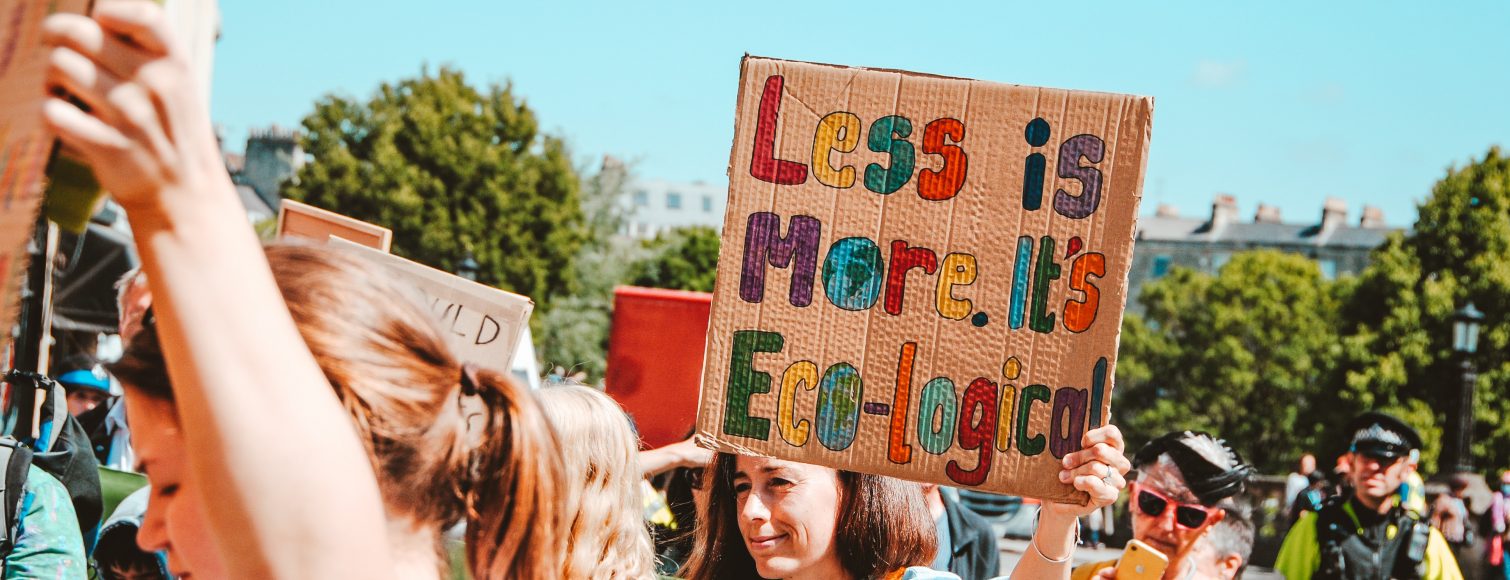
Can anger be used for good? Typically, I begin a story like this with a brief update on recent climate disasters such as heatwaves, floods, or areas drying up. But I’ll skip that for now. We get it. And I’m not particularly inclined to dwell on it. Like many, I’m overwhelmed by various emotions when I hear yet another story about the climate catastrophe. Guilt over our own contribution, sorrow for what we see disappearing around us, fear for the future… But the most intense emotion of all is undoubtedly anger. Anger because the problem just isn’t being truly addressed, and even the less destructive target of a 2-degree Celsius warming before the end of the century, as per the Paris Agreement, won’t be achieved.
And that anger undoubtedly applies to many more people. But anger is a tricky emotion. Traditionally distrusted as destructive and dark, the emotion over which we have the least control. Hence, for governments, anger is the most threatening. In essence, the policy around protests and demonstrations is mostly anger management. The greatest fear for any government is the enraged citizen.
Anger is dark, irrational, and personal. But is anger always so dangerous? The first line of the most famous epic in Western civilization—the Greek military campaign against Troy—starts with the word anger. The anger of Achilles, to be precise, who, after the death of his beloved comrade Patroclus, sees red and jeopardizes the entire military mission due to feelings of revenge.
But at the same time, it is precisely anger that gave the Greeks the power to break free from submissiveness and indifferent narrow-mindedness. In ancient Greece, anger was always associated with that part of ourselves that longs for recognition, justice, and self-worth. It is a force that, once ignited, can compel individuals to stand up against oppression, fight for their rights, and strive for a better world. Anger, called thymos by the Greeks, can indeed have a clear public function. Political change never starts with argumentation alone—a concept that we sometimes find difficult to understand in our rational, liberal society.
Research in the field of psychology has shown that anger, when channeled constructively, can be a powerful catalyst for change. Various studies show that individuals who effectively harnessed their anger were more likely to address injustices and instigate positive social change. Much more than hope, to give an example. This intriguing finding challenges the conventional wisdom that anger is inherently negative.
Consider the stories of historical figures who harnessed their anger to bring about positive change. Mahatma Gandhi’s anger at the injustices of colonial rule in India ignited a nonviolent revolution, leading to India’s independence. Rosa Parks, tired of racial segregation, refused to give up her seat on a bus, sparking the Montgomery Bus Boycott and igniting the Civil Rights Movement. These individuals channeled their anger into actions that reshaped society.
But the question is how to turn a personal emotion into a public struggle for justice. Especially since demonstrations also evoke anger as a reaction—see the hatred that climate protests generate, and especially the highway blockades. It is then an art to not succumb to provocations and hatred despite your own anger—something that in today’s media society would immediately be taken as evidence of loss of control and danger.
In the words of Aristotle, ‘Anyone can become angry—that is easy. But to be angry with the right person, to the right degree, at the right time, for the right purpose, and in the right way—that is not easy.’ According to him, such an emotion must be tempered with reason, guided by what he calls virtues: justice and fairness.
The force of thymos can be harnessed for good. When we recognize the constructive potential of our anger and use it as a catalyst for positive change, we tap into the heroic spirit within us. Anger can lead us towards a brighter future, where injustice is confronted and transformed. But like any powerful force, anger has its limits. It must be wielded with care and wisdom, for it is in its balance that we find true strength and progress.
Leon Heuts, head of Studium Generale TU Delft
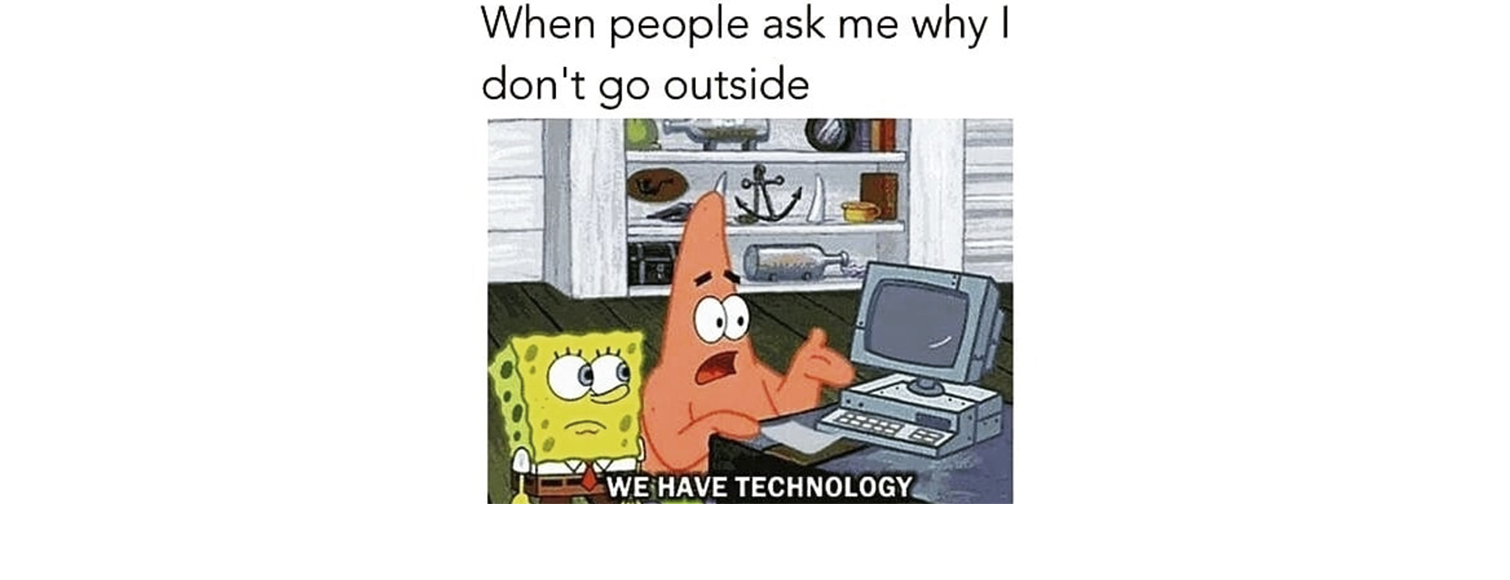
So connected, yet so alone.
Isn’t this one of the greatest paradoxes of modern society? What are we really connecting to with all our advanced technology if more than 50% of the population feels lonely or depressed?
We’ve got ubiquitous gadgets, 24/7 streaming services, climate controlled interiors, and everything from dinner to fresh underwear delivered to our doorstep. If the covid pandemic lockdowns showed us anything, it’s that our technological advancement has brought us to the point where we can live in almost complete isolation from the world. Safely locked away in our little apartments, but connected through our digital interface. (And, more importantly, through a vast network of underpaid and overworked people in retail, transport, delivery, food services, etc. The “essential” jobs, remember?).
Sometimes, it felt eerily similar to the massive hive in The Matrix movies that humanity lives in, fully sustained and imprisoned by machines :S
Apologies for bringing this dark perspective to Delft, where technological progress is sacred. But if you look back far enough, which my training in anthropology sort of forces me to do, you tend to get a cynical perspective on technological advancement. From mastering fire eons ago, to building walls and screen doors, we’ve made life easier, and we’ve put ever more barriers between ourselves and the nasty bits of nature. Like (corona)viruses, the rain, mosquitoes, the cold, and predators. But these barriers also block so much of life. So much of ourselves, of society, and of the world ‘out there.’
But of course, technology isn’t all bad. Of course. And where there are barriers, there are also bridges. The increasing connectivity of the world can bring us closer to people and events around the globe. The diverse infrastructure of services and devices can support and enable life for those who would be limited without them. And all this new technology introduces new forms of intimacy.
But the question is, closer to what? To the world, to each other, to ourselves? Or to the world of machines? That’s what we want to explore in this quarter’s theme on intimacy and technology. Join us and share your thoughts. And bring a little (smartphone camera flash-)light to balance the darkness of this Matrix fan’s perspective.
Klaas P van der Tempel, program maker SG
This quarter at SG, we’re taking a deeper look at the connections we have with and through technology. Technology is becoming ever more intimately involved in our lives and has enormous potential to bring us closer together. But can technology truly offer an intimate experience?
This theme is part of the series For Love of the World, in which we explore alternative stories and forgotten knowledge that can (re)connect us to our world.
7 Nov – 21 Dec Art Exhibition & survey The Nook/Theater de Veste
14 Nov Existential Tuesday: How Do You Know You’re Not a Robot? The Nook
14 Nov Art & Tech Cafe: Can Technology Bring Us Closer Together? Theater de Veste
15 Nov VOX Book Club: The Epic of Gilgamesh, book distribution The Nook
28 Nov Existential Tuesday: Could you love a machine, and could it ever love you back? The Nook
28 Nov VOX Movie Night: Ghost in the Shell (1995) TBA
14 Dec VOX Book Club: The Epic of Gilgamesh, book discussion The Nook